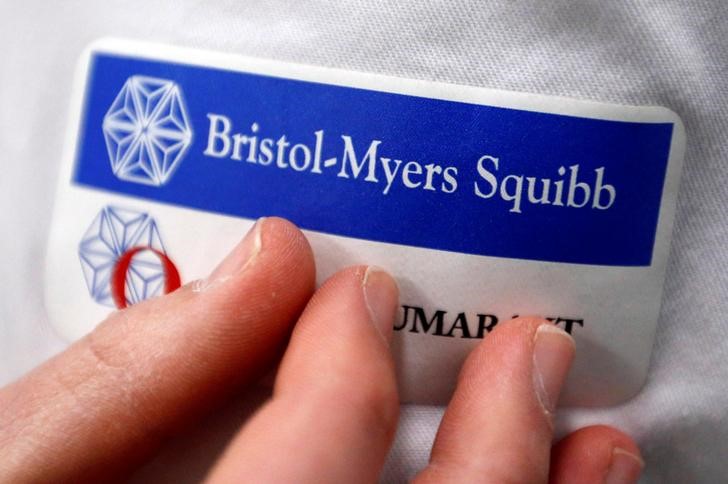Adaptimmune stock plunges after announcing Nasdaq delisting plans
AstraZeneca PLC (NASDAQ:AZN) announced Monday that the Committee for Medicinal Products for Human Use (CHMP) of the European Medicines Agency has issued a positive opinion recommending approval of Saphnelo (anifrolumab) for subcutaneous self-administration in the European Union. The recommendation applies to adult patients with moderate to severe, active, autoantibody-positive systemic lupus erythematosus (SLE) who are receiving standard therapy.
According to the press release statement, the CHMP’s opinion is based on interim results from the Phase III TULIP-SC trial. The study showed that once-weekly subcutaneous administration of Saphnelo led to a statistically significant and clinically meaningful reduction in disease activity compared to placebo. The safety profile observed was consistent with the known clinical profile of Saphnelo when administered as an intravenous infusion.
The TULIP-SC trial was a randomized, double-blind, placebo-controlled study involving 367 participants aged 18 to 70 with moderate to severe, active SLE. Participants received either a 120mg subcutaneous dose of anifrolumab or placebo via a pre-filled syringe, in addition to standard therapy. Disease activity was measured at week 52 using the British Isles Lupus Assessment Group based Composite Lupus Assessment (BICLA).
Saphnelo is a monoclonal antibody that targets the type I interferon receptor, a pathway involved in SLE. The medication is already approved as an intravenous infusion for SLE in over 70 countries, including the US, EU, and Japan. AstraZeneca acquired global rights to Saphnelo through a 2004 agreement with Medarex, Inc. and will pay Bristol-Myers Squibb a royalty on sales.
Subcutaneous administration of Saphnelo is also under regulatory review in several other countries. The company reports that more than 40,000 patients have been treated with Saphnelo worldwide.
This information is based on a press release statement included in AstraZeneca’s SEC filing.
This article was generated with the support of AI and reviewed by an editor. For more information see our T&C.
